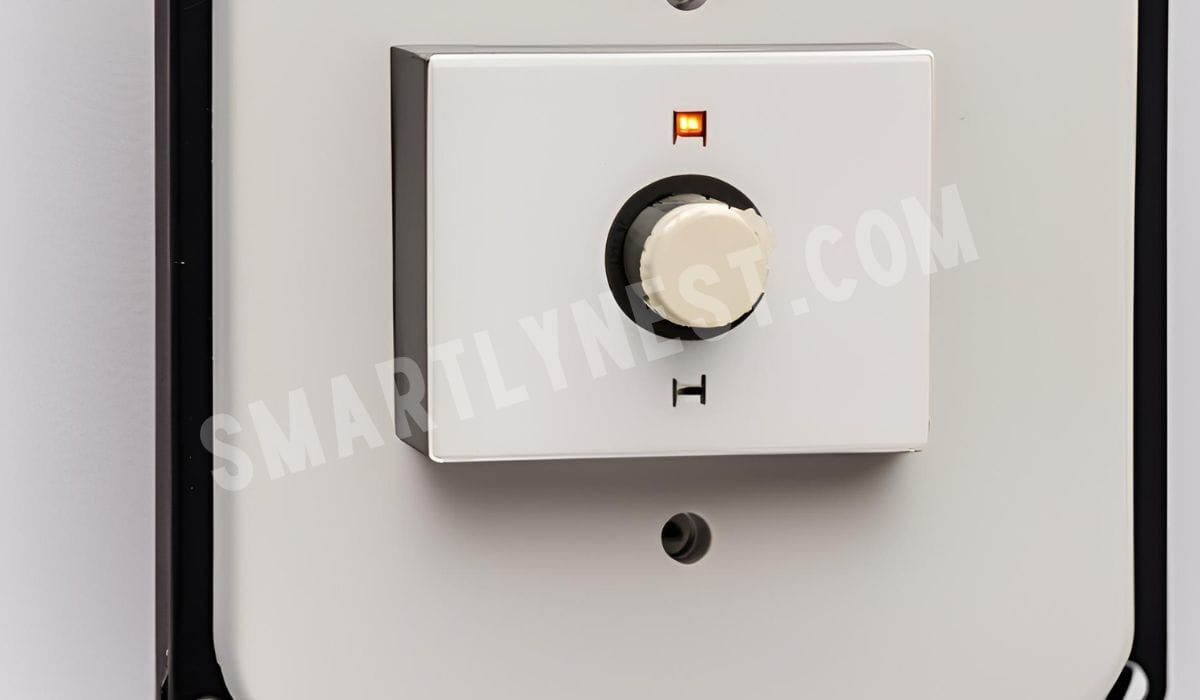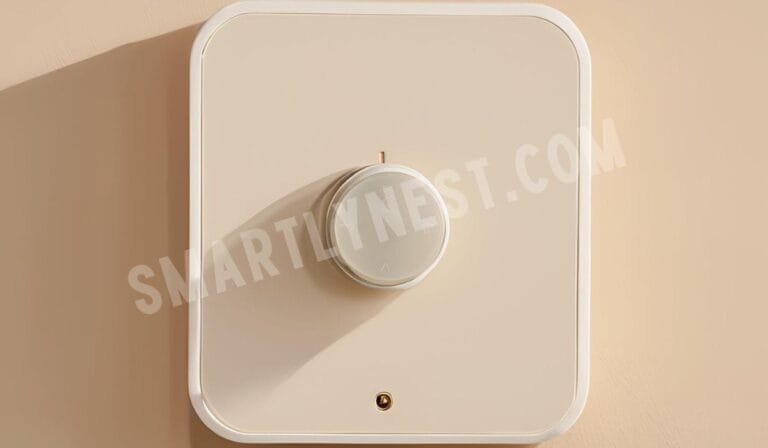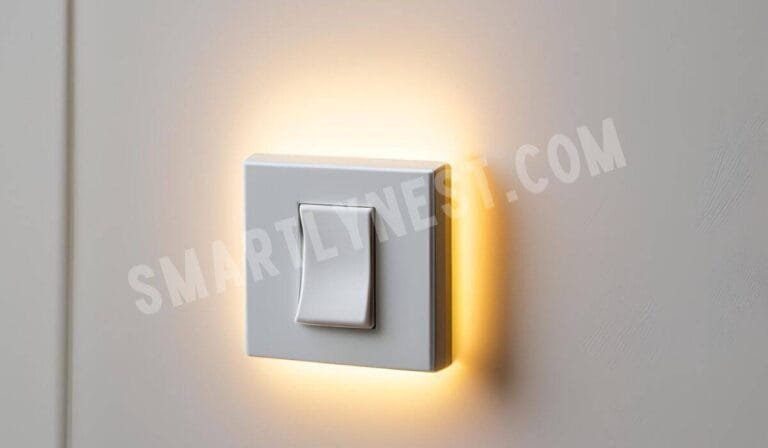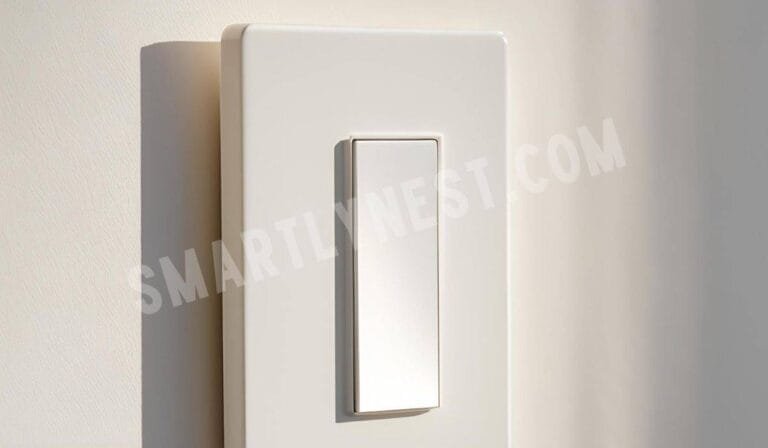
Have you ever turned down the lights for a relaxing evening, only to hear an annoying buzzing sound coming from your dimmer switch? You’re not alone! Many people encounter this frustrating issue, leaving them wondering: Why do dimmer switches buzz? This irritating sound can disrupt your peace, but don’t worry—there are reasons behind it, and most importantly, solutions. In this article, we’ll dive deep into the common causes of buzzing dimmer switches and how you can address them. By understanding the root of the problem, you’ll be better equipped to ensure your dimmer switch works quietly and effectively. Let’s explore why this happens and what you can do to keep things quiet.
Why Do Dimmer Switches Buzz? A Look at the Basics
Before we dive into the specific causes of buzzing, it’s essential to understand how dimmer switches work. Unlike regular on-off switches, dimmers control the brightness of your lights by rapidly cutting the electrical current. This on-off cycling happens so quickly—up to 120 times per second—that it adjusts the light level without the flicker noticeable to the naked eye. However, this constant switching can sometimes create vibrations in the internal components of the switch or the light bulb filament, leading to a buzzing sound.
What Causes the Buzzing? Common Culprits Behind Noisy Dimmer Switches
1. Incompatible Bulbs
One of the most common reasons dimmer switches buzz is due to bulb incompatibility. Older dimmer switches are often designed for incandescent bulbs, but many homes have now switched to energy-efficient LED bulbs. LEDs function differently, and if your dimmer switch isn’t compatible, it can cause the buzzing noise. Using a dimmer that’s specifically designed for LEDs can solve this issue quickly.
2. Low-Quality Bulbs
Not all bulbs are created equal! Even if you’re using LED or CFL bulbs, low-quality ones can buzz when dimmed. Cheap bulbs may not handle the electrical current smoothly, leading to noise. Opting for high-quality bulbs from trusted brands can often eliminate buzzing.
3. Overloaded Dimmer Switch
Every dimmer switch has a maximum load capacity, which is the total wattage it can handle. If you have too many lights connected to the dimmer, or if the total wattage exceeds the switch’s limit, the excess strain can result in buzzing. Always check your dimmer’s wattage rating and ensure that you’re not overloading it.
4. Old or Faulty Dimmer Switch
If your dimmer switch is old or malfunctioning, it may be time for a replacement. Wear and tear over time can lead to loose components inside the switch, causing it to buzz. Replacing the switch with a modern, compatible one can often solve the problem.
5. Electrical Interference
Electrical interference from other devices in your home can sometimes cause buzzing in your dimmer switch. This interference can come from large appliances, like refrigerators or air conditioners, which share the same electrical circuit. Consider using a separate circuit for your dimmer switch to reduce interference and prevent buzzing.
How to Fix a Buzzing Dimmer Switch: Practical Solutions?
1. Switch to Compatible Bulbs
If you’re using older incandescent dimmer switches with LED or CFL bulbs, upgrading to a dimmer designed specifically for those bulbs can stop the buzzing. Check the packaging of both the dimmer switch and the bulbs to ensure compatibility.
2. Use High-Quality Bulbs
A simple fix is to replace low-quality bulbs with higher-end options. Quality bulbs tend to handle the dimming process more smoothly, reducing or eliminating buzzing altogether.
3. Check the Dimmer Load
Make sure your dimmer switch isn’t overloaded. If you’re running too many lights on one switch, reduce the load by using fewer bulbs or switching to a higher-capacity dimmer.
4. Install a New Dimmer Switch
If your dimmer switch is old or has been making noise for a while, it’s worth considering a replacement. Newer dimmer switches are often quieter and more efficient, especially when paired with modern bulbs like LEDs.
5. Fix Electrical Wiring Issues
If the buzzing persists after trying the above solutions, you may want to consult an electrician. Buzzing could indicate loose wires, improper installation, or electrical interference that requires professional attention.
Additional Issues Related to Dimmer Buzzing
1. Buzzing at High vs. Low Settings
Some dimmer switches buzz more when set at low light levels. This is because the switch is doing more work to control the lower current levels. Conversely, if the buzzing occurs at high settings, it might indicate an overloaded dimmer switch or faulty internal components.
2. Impact on LED Lifespan
Buzzing dimmer switches may shorten the lifespan of your LED bulbs. The constant electrical noise and flickering can degrade the internal components of the bulb, leading to premature burnout. Fixing the buzzing can extend the life of your lights.
3. Dimmer Buzzing vs. Bulb Flickering
Buzzing and flickering often go hand in hand. If your lights are flickering in addition to buzzing, it may point to a deeper issue with the electrical connection. Flickering usually indicates poor contact or an issue with the dimmer’s wiring.
Frequently Asked Questions (FAQ) About Buzzing Dimmer Switches
Why do my LED lights buzz when dimmed?
LED lights buzz when dimmed due to incompatibility with the dimmer switch. Older dimmer switches were designed for incandescent bulbs, and they don’t regulate the lower wattage of LEDs well, leading to buzzing. Switch to an LED-compatible dimmer to resolve the issue.
Is buzzing from a dimmer switch dangerous?
While buzzing is usually more of an annoyance than a safety hazard, it can sometimes indicate underlying electrical issues. If the buzzing persists, or if you notice flickering or overheating, it’s best to consult an electrician to ensure there are no wiring or overload problems.
Can I stop my dimmer switch from buzzing without replacing it?
Sometimes you can fix a buzzing dimmer switch without replacing it by reducing the load on the switch or switching to higher-quality bulbs. However, if these solutions don’t work, you may need to replace the dimmer with a newer, compatible model.
What are the best bulbs to use with dimmer switches?
The best bulbs to use with dimmer switches are dimmable LED bulbs from reputable brands. Ensure that both the bulb and the dimmer switch are compatible with each other for the best results and to avoid buzzing.
Why does my dimmer switch only buzz at certain times?
A dimmer switch might buzz more during times of peak electrical usage in your home. If other appliances are drawing significant power, it can cause interference with the dimmer switch. Installing your dimmer switch on a separate circuit can help resolve this.
Can dimmer switches make any light buzz?
Yes, dimmer switches can make any light buzz if the switch is incompatible with the type of bulb, overloaded, or faulty. However, LED and CFL bulbs are more prone to buzzing than incandescent bulbs when used with older dimmer switches.
Should I hire an electrician to fix a buzzing dimmer switch?
If you’ve tried changing bulbs and reducing the load without success, or if you’re unsure about wiring or installation issues, it’s wise to hire an electrician. They can safely diagnose and fix any electrical problems that may be contributing to the buzzing.
Conclusion:
Buzzing dimmer switches can be a nuisance, but they’re rarely a cause for alarm. By understanding the reasons behind the buzz, such as bulb incompatibility, overloading, or outdated switches, you can take the necessary steps to fix the issue. Whether it’s replacing the bulbs, switching to a modern dimmer, or even calling an electrician for more complex issues, a quiet and smoothly functioning dimmer switch is within reach. Taking the time to resolve the buzzing will not only make your home more peaceful but could also extend the lifespan of your lighting. So, the next time you hear that hum, you’ll know exactly what to do!







